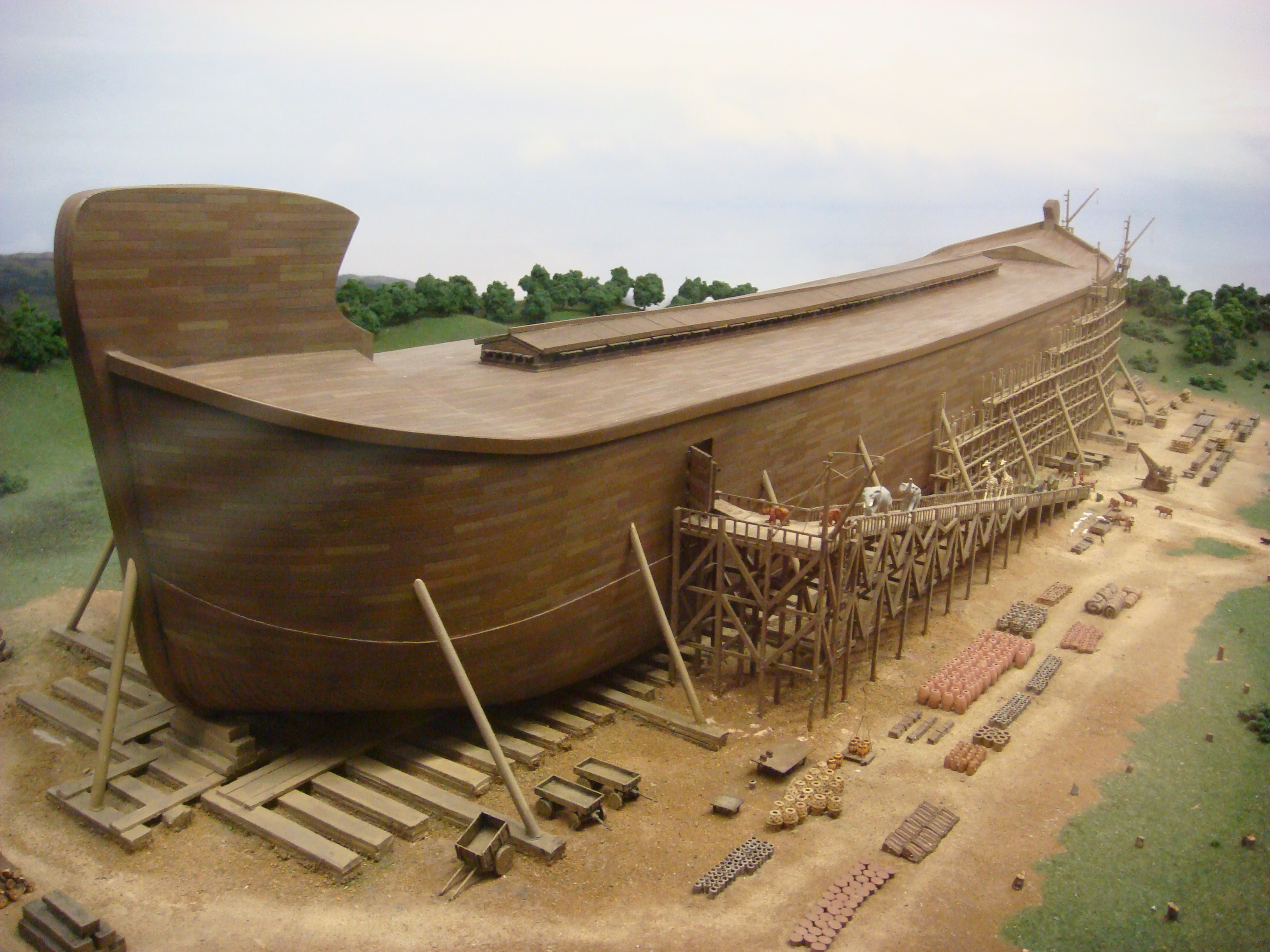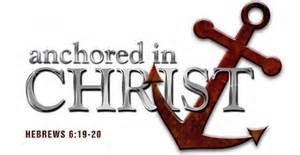
This is the time of year that was chosen to celebrate the birth of Jesus. As the song goes, “born is the king of Israel.” God chose to send us His only son, giving us the gift of eternal life. I think that satan uses everything in his power to cloud that, and to take the focus away from it.
We cling to traditions, both secular and religious. We get hung up on what presents we’re going to give and receive. For some, Christmas might have just lost its luster. Maybe that’s because we hear the same songs and we see the same shows on TV year after year.
Others might say that Christmas has been commercialized or that the time of year that we celebrate the birth of our savior isn’t when He was actually born. Both of these are valid claims, but if we’re not careful we can unintentionally take away from the awe of this gift.
Please don’t misunderstand, traditions are important, the receiving of and giving gifts is not a bad thing. But they can and do take over as the reason for the celebrating. I was guilty of this for many years. Then I went to the other extreme, being frustrated that people refused to say “Merry Christmas” and said “Happy Holidays” instead. I wasn’t a total bahumbugger, but gave scrooge a run for his money.
Now I try not to take on how others deal with Christmas. It is between them and God. If they say “Happy Holidays” instead of “Merry Christmas”, that’s ok. But I’m also not going to worry if they’re offended by my wishing them a “Merry Christmas”.
There were some traditions over the years that caused stress, so I stopped doing them. I realize that some traditions are incredibly important to some people but Christmas is supposed to be joyful! If there are some traditions that cause stress and ruin the spirit of the celebration, pray about and consider stopping them.
I treat Christmas like I do Veterans Day. I am thankful for the men and women who have served our country every day. I often thank vets for their service throughout the year, but on Veterans Day I make it a point to tell vets “Thank you!” Likewise, I am grateful for the gift of Christ every day. I praise Him throughout the year, giving thanks for all of my blessings every day. On Christmas, I make a point to thank God for Immanuel, God with us!
Merry Christmas everyone!
Please click here to vote for Prepared Christian as one of the top prepper sites. Thank you!
If you liked this article please think about sharing it on the social media listed below, thanks!











